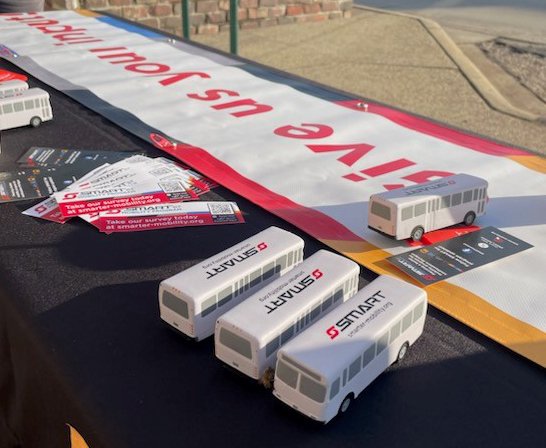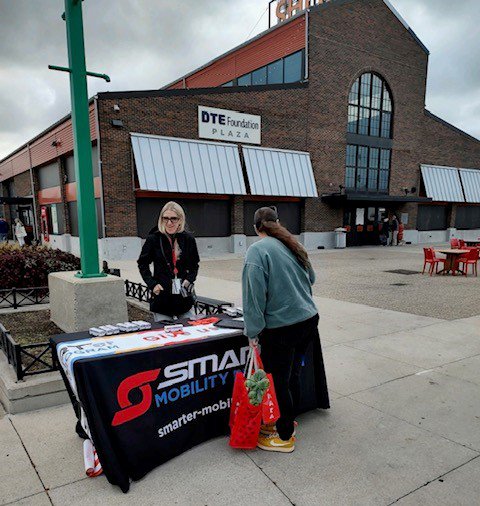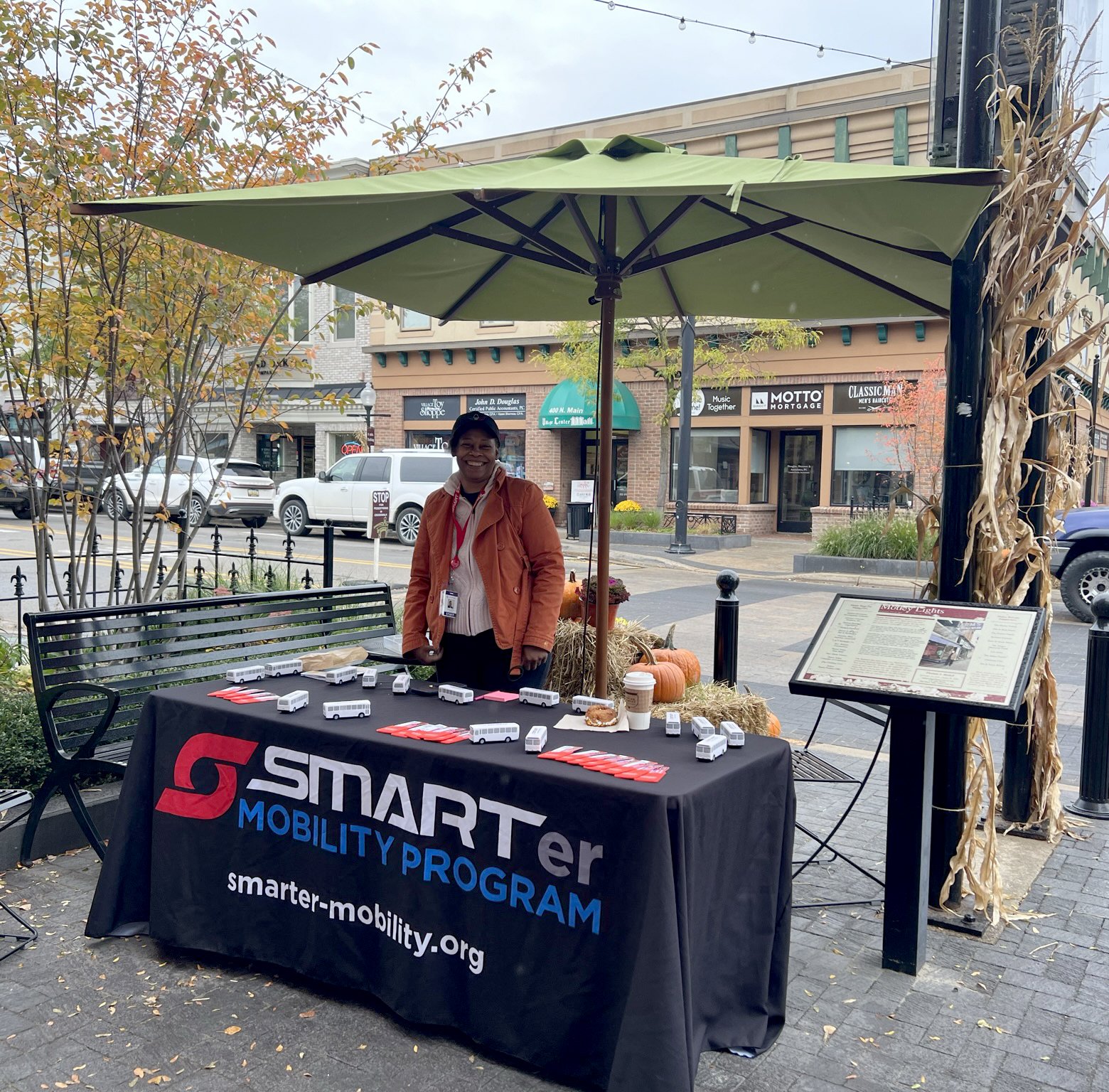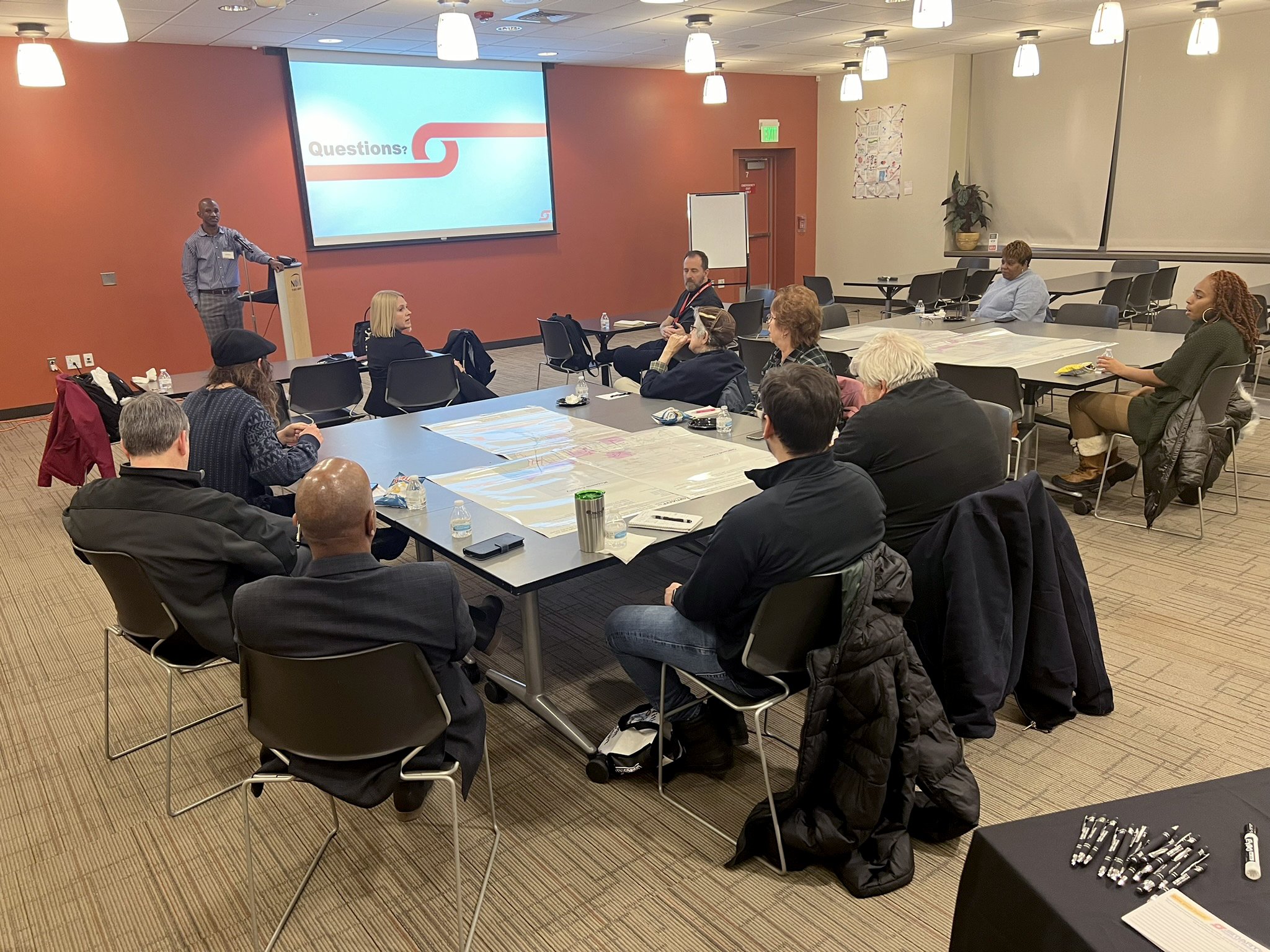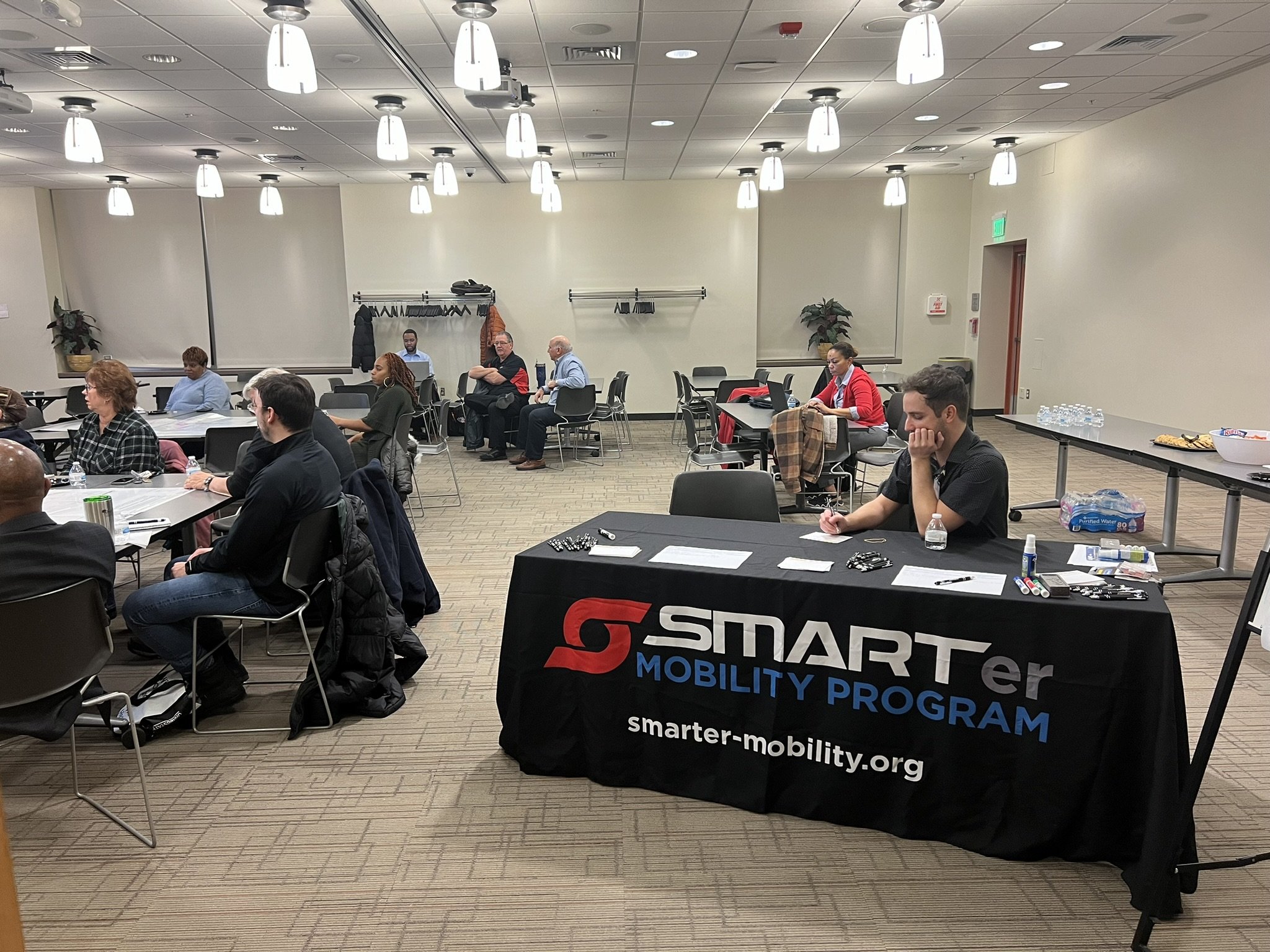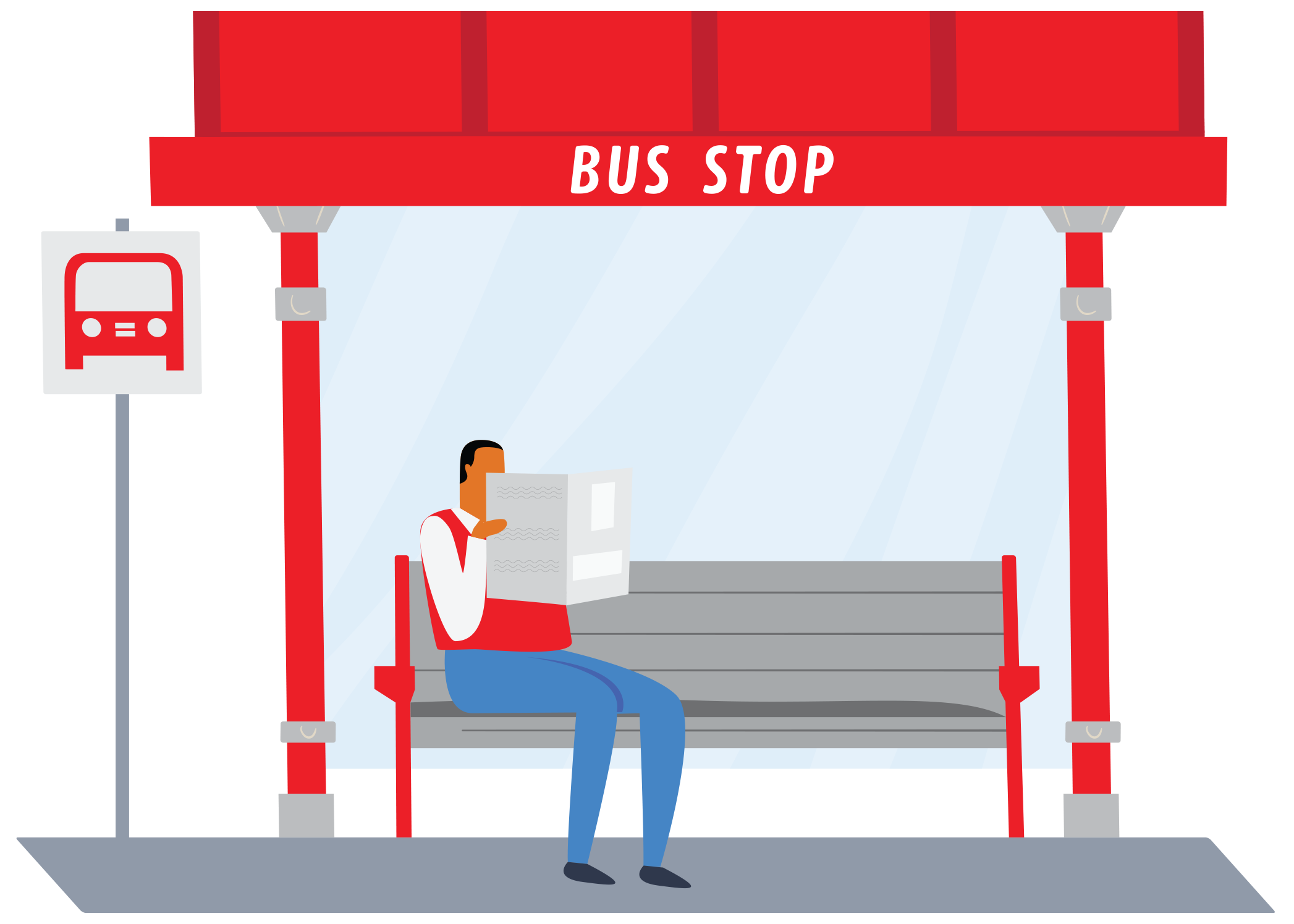Community Engagement
Round One
The project schedule for the SMARTer Mobility Program Phase 1 Public Engagement Plan ran from March 2023 through February 2024, with public engagement occurring throughout SMART’s service areas and non-service areas within Macomb, Oakland, and Wayne counties. Engagement methods included launching the project website, multiple online surveys, on-bus surveys, pop-up input tents throughout the three counties, on-demand surveys for flex users, public focus groups, and in-person and online public meetings.
Check out the graphics below to learn about our key findings from Phase 1.
You can find the full on-bus survey results report in our document library.
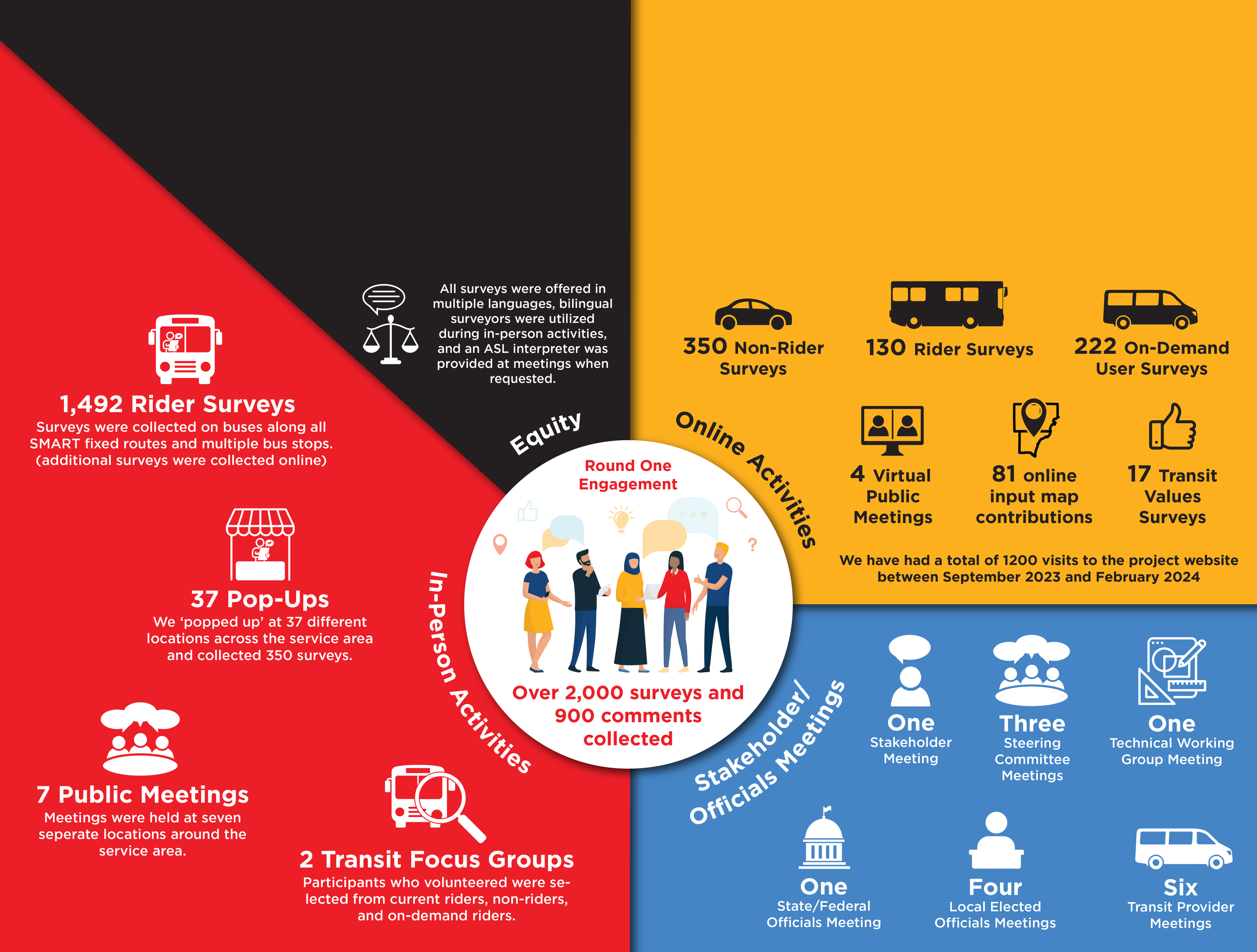
Key Findings
#1 Reliability
Reliability of services was overwhelmingly the most important issue, with 68% of people engaged citing reliability issues. Late buses and cancelled trips were the top concerns identified that either hinder their ability to use SMART or are the reasons they do not use it. Improving reliability in the SMARTer Mobility Program will ensure greater community buy-in and trust of SMART programs and services.
The theme of cancellations and late buses was shown at every forum of engagement, whether it be public comments, public meetings, focus groups, or survey outcomes.
#2 Amenities & Infrastructure
Amenities at bus stops and on buses was also a prominent theme across public engagement activities. While all FAST routes offer transit shelters, the majority of bus stops are just sign posts. Many riders requested more shelters, benches, and signage with real-time updates.
Another related issue is access to many bus stops, with many locations having either no sidewalks or sidewalks in poor condition, or a lack of crosswalks near the bus stops.
#3 Frequency
In terms of service, higher frequency was the third most cited request at 43%. Most routes only offer service every 60 minutes, and when buses are late or cancelled, many riders missed their transfer to another bus and had to wait for almost two hours for the next bus to arrive. Span of service was also an issue, with 23% of riders requesting more weekend service and another 15% requesting later service, to allow people to return from late work shifts or events.
#4 Customer Service
Customer service was often cited as an area to improve. Many riders indicated that bus operators have been rude, mean, or not helpful. For most riders, the operators are the only interaction with SMART emlpoyees that they have and poor customer service can negatively impact rider experience.
#5 Coverage
Finally, many people cited the need for SMART to offer service to a variety of destinations and expand the coverage area. Residents and municipal officials in areas unserved by SMART but are opt-in municipalities are asking for transit, whether it be fixed route or microtransit (Flex service).
Communities
Hamtramck
Roseville
Wixom
Stoney Creeek
Brighton
Plymouth
Livonia
Canton
Rochester
Rec areas in Orion Twp and Oxford Twp
Waterford (Oakland Intl Airport and Dixie Highway)
Northern Oakland County
Novi
Wixom
Bloomfield Township
Rochester
Corridors
10 Mile Road
M-59 Corridor Pontiac to Clarkston
Bloomfied Hills to Dearborn
Birmingham/Troy to Airport
Improve routes serving Pontiac
Pontiac to Utica/New Baltimore
Better connections to Royal Oak from the south
Better connections to Auburn Hills from the north
Destinations
Ford Rotunda Center
Cranbrook Institution (Bloomfield Hills)
Hospitals
Parks and trails
Most Mentioned Routes
The following routes were mentioned the most in comments received:
